Colombian shoppers' dream built on pyramid scheme
November 23, 2008 11:13:46 AM PST
By DAN KEANE
It was just three easy steps to the ultimate shopper's club reward:
1. Buy a prepaid card.
2. Cash it in for groceries, a flat-screen TV or a even new car.
3. Six months later, get all your cash back.
That fantastic deal enriched legions of working-class Colombians before President Alvaro Uribe shut down DMG Group Holdings, S.A. last week, calling it a pyramid scheme that laundered drug money and raked in $435 million this year alone.
Officials say DMG was the largest in a wave of scams that has swept Colombia, where a well-developed smuggling industry has nurtured some of the world's craftiest swindlers. The
Other World Photos
collapse of one such scheme this month sparked deadly riots by duped investors in more than a dozen southern Colombian towns.
Those riots triggered Uribe's decision to shut down DMG before it could collapse, a move that outraged many of its 200,000 cardholders. They revere the company's founder, a 28-year-old former baker named David Murcia, for giving them a shot at the good life.
"Where does the money come from? Believe me, I don't know," said housewife Lucia Lizca, 38, whose prepaid 5 million peso ($2,100) DMG card is now worthless. "But look, that cake maker showed himself to be smarter than a president. I don't know how he cooked it up, but good or bad, he gave a lot of hope to people who have nothing."
The gangly, ponytailed Murcia was arrested last week in Panama, where he kept a yacht and a fleet of exotic cars. He and six other DMG officials -- including his mother, his wife and his brother-in-law -- face charges of money laundering, bribery and other crimes related to their rapidly expanding finanical empire.
Murcia has long denied any wrongdoing, calling his business an "economic revolution" designed to provide opportunity to Colombia's poor.
"What sin have I committed?" he asked in a message to customers posted on YouTube in June. "Giving people something to eat? Helping people to generate jobs with their additional income? Improving their quality of life?"
At first glance, DMG stores worked much like any other discount shopper's club. Members would buy a prepaid card for any amount after providing the names and phone numbers of three friends who might want to join.
But along with their blue debit card they recieved a matching black card, set to be activated in six months. That one held "points" as a reward for spreading the word about DMG.
The value of the points varied from day to day -- anywhere from 70 percent to 300 percent of the initial investment. They could be redeemed to purchase goods at DMG stores, or simply be cashed in. Many customers took the money and immediately spent it on a new card.
"If you want to buy a motorcycle, you would just buy the motorcycle with your DMG card, and then they'd give you back the same amount of money six months later," explained DMG customer Angel Salamanca. "It's a free motorcycle."
At first, Salamanca used his card to buy beef, tomatoes, and onions for his hamburger stand. But he quickly developed a side business selling the plasma TVs he was getting from DMG for free.
As the profits grew, so did his ambitions. He sold the vacant lot on which he had planned to build a small restaurant, using the 6 million pesos in proceeds to buy more DMG cards.
Salamanca managed a wry chuckle
Other World Photos
as he pulled the cards from his pocket, his dream of becoming a restaurateur now reduced to worthless plastic.
DMG began in 2003 in the town of Orito, deep in Colombia's coca-growing south, where Murcia started out selling motorcycles and electric generators.
He told the newsmagazine Semana this year that he turned to the computerized cards in 2005 to streamline his rapidly growing operation before moving into the Colombian capital of Bogota. When the Semana reporter repeatedly pressed him to explain how he could offer such extravagant rewards, he suggested vaguely that it was a matter of "cash flow."
A healthy slice of Murcia's profits appeared to come from electronics bought cheap in bulk and sold to DMG members at prices significantly higher than other stores.
After moving into Bogota, Murcia took DMG international, opening offices in Ecuador, Venezuela and Panama.
The company's wild success attracted a swarm of imitators. The largest was Proyecciones DRFE -- whose intitials boldly promised "Fast Money, Easy Cash" -- which skipped DMG's deparment-store model and simply offered outlandish interest rates for short-term investments.
Authorities say it too was a pyramid scheme, offering dramatic returns by using money from a rapidly increasing pool of investors to pay off those who signed up first. The schemes collapse when the flow of new investment fails to cover everyone's promised returns.
DRFE attracted many newly flush DMG investors but collapsed this month amid news that its owner had fled the country, leaving $270 million worth of investments in limbo. The ensuing riots left two investors dead.
Colombian officials had been investigating DMG since 2007, when police uncovered $3.2 million in cash packed in cardboard boxes during a routine traffic stop outside Orito. The couriers said the money belonged to Murcia.
Prosecutors said a recorded telephone conversation links Murcia to Carlos Mario Jimenez, a paramilitary leader extradited this year to the United States on drug-smuggling charges.
"The average Colombian, knowing they were doing something wrong, simply cleared their conscience by saying, 'I want to join up with Robin Hood,'" said Ricardo Duran, a Bogota economist. "The only problem is this Robin Hood was as perverse as any drug trafficker."
Some loyal customers still hope their hero will make good on one last investment. But thousands lined up outside the ticket booths of a Bogota soccer stadium, handing over their cards to register
Other World Photos
Mumbai gunmen besiege hotels, kill 119 in 2 days
for a government plan to redistribute the cash seized at the company's offices.
Some grudgingly admit they had qualms about an offer too good to resist -- and ultimately too good to be true.
"I always thought that there was something dark about it all," said Bogota hairdresser Cristina Hinestrosa, 36, who doubled her original DMG investment of 5 million pesos ($2,100) in just 11 months before quiting this year on a hunch.
"You're conscious that something so good can't exist, or can't last," she said. "But since you're not involved in the deal directly, the important thing is to get a profit."
Thursday, November 27, 2008
Subscribe to:
Post Comments (Atom)

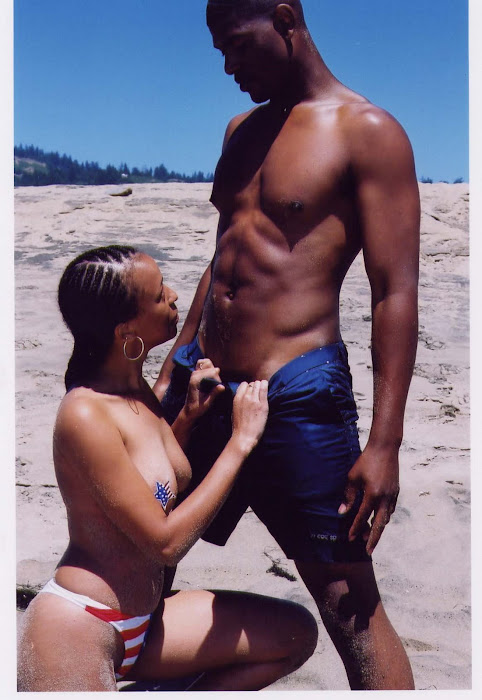











































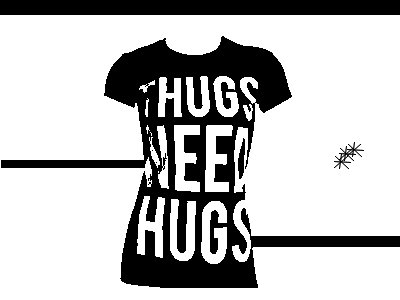






























































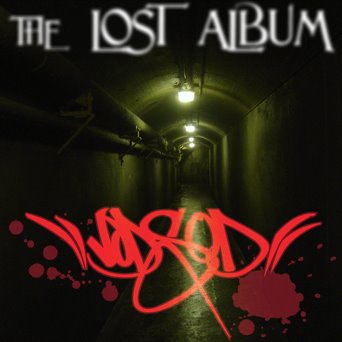




















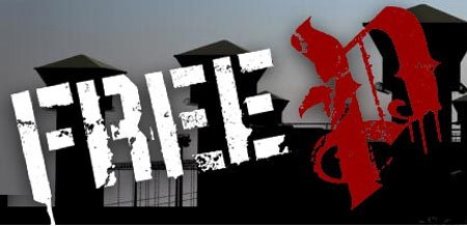















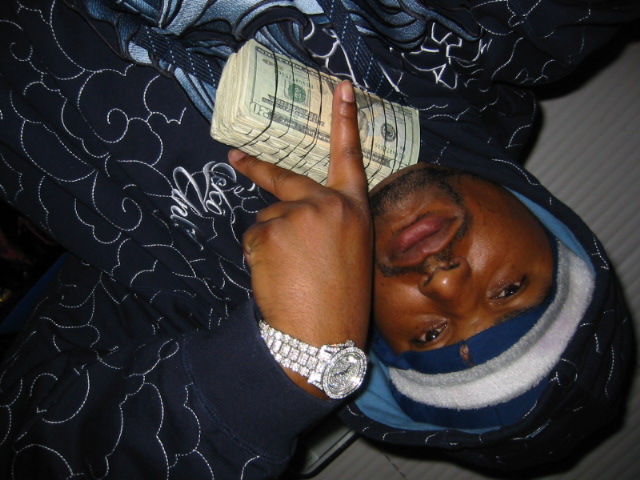





































































































.jpg)






















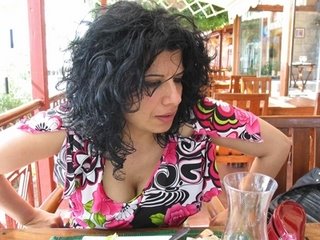

























































































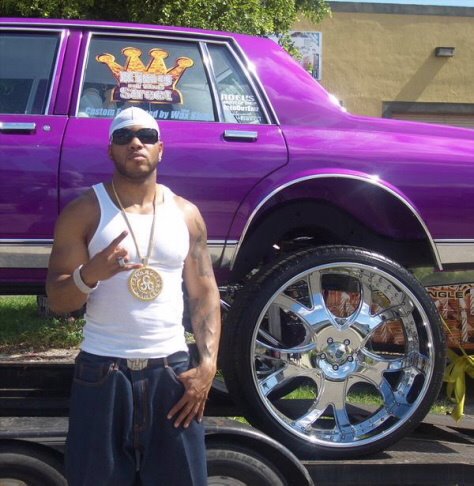
















































































































































































































































































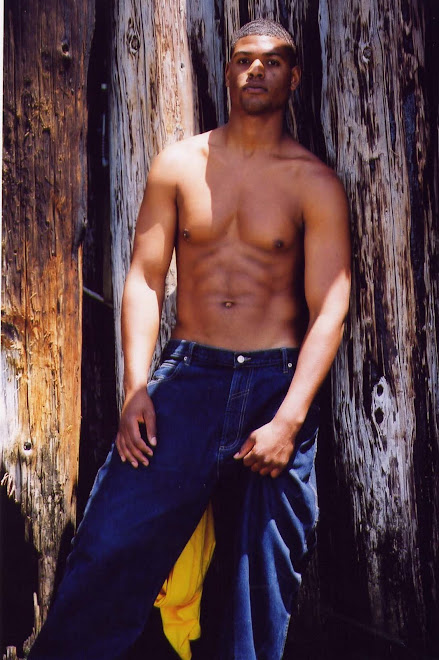






































































































































































































































No comments:
Post a Comment